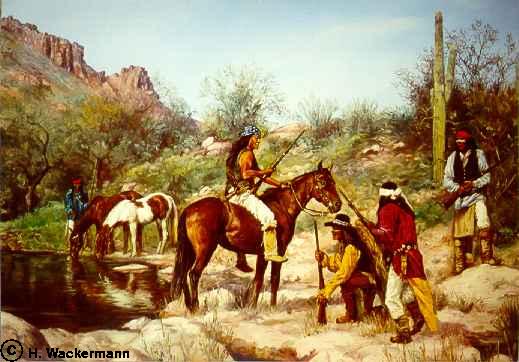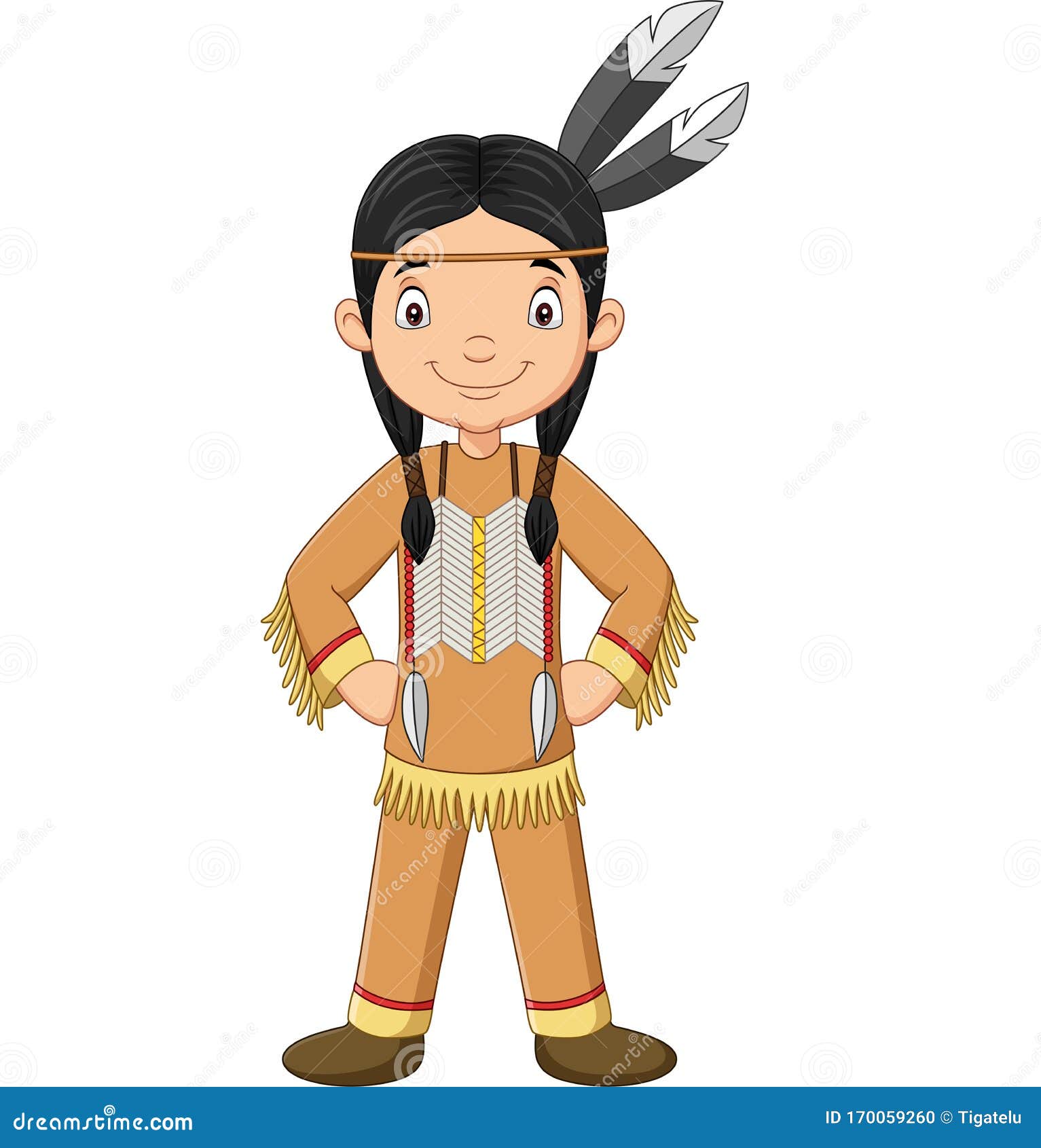

: The Cultural Encyclopedia of Baseball (1999) : 60 Feet Six Inches by Todd Fuller (2002)

Sources : Dictionary of North American Indians (Internet) The Native Sun News is based in Rapid City, S.D.American Indian Major League Baseball PlayersĪmerican Indian MLB Players | Research by Baseball Almanac The Native Sun News Editorial Board can be reached at This email address is being protected from spambots. We will not be intimidated by the politically correct bunch or the white media. Political correctness be damned: We will use "Indian" if and when we choose. Should we dishonor them by saying they were wrong?

Crazy Horse, Sitting Bull and Little Wound (Read their quotes) all called themselves "Indian" and they said it with pride. We have been Indians for a few hundred years and the name carries our history. As Chief Oliver Red Cloud said a few years before he died, "I am Lakota and I am Indian."Īs an Indian newspaper we must be very careful that what we call ourselves is not dictated to us by the white media. So if you travel to any Indian reservation out west you will soon discover that nearly all of the indigenous people refer to themselves as "Indian," especially the elders who are still fluent in their Indian language. One elderly Lakota man from the Standing Rock Sioux Reservation said recently, "If some Indians want to be called Native Americans or Natives, let them be called that, but I was born an Indian and I shall die an Indian.

That sad part of this entire fiasco is that so many of the so-called "elitist Indians" have allowed themselves to be bullied into using the name "Native Americans" and even "Native" by a white media that seems to have set the agenda for what we should be called. And what’s more we hear that in 1492 Columbus could not have thought he had reached the Indies because at that time there was no Indies, but they instead were called Hindustan. The other arguable explanation was Columbus’s use of the term "una gest in Dios" or "a people in God" which was reduced to "Indios" for every day usage by the Spaniards and later was further changed to "Indian" as the word moved north. Government responded to the activists’ protests by proposing the term "Native American." And so the anti-government activists decided to accept the name Native American, a name suggested by the United States Government, a government that they despised. He would say that just as you have Mexican Americans, African Americans, or Asian Americans, you should have American Indians.ĭuring the activist days of the 1960s and 70s the U. The activist Russell Means preferred the name American Indian. In fact everyone who lives in Rapid City is a native. So when you read an article that goes, "He was a Native Rapid City guy" that doesn’t mean he was Native, it just means that he was native. The Lee Enterprise newspapers, and there are several of them in Indian Country, decided to cut this down even further and they told all of their reporters, editors and publishers to just use the word "Native" when referring to Indians, or to be politically correct, Native Americans. The white media had finally pulled one over the indigenous people. "Well," the reporter replied, "I am of Irish descent but I was born in America so therefore I also am a Native American." And so when the story was published the Indian people were labeled as Native Americans. One day a reporter was interviewing an East Coast Indian and the reporter said, "Indian" and the East Coast Indian said, "No, we don’t like to be called Indians because we got that name when Columbus thought he landed in India: We prefer to be called Native Americans." Who decided for us that we should be called "Native Americans?"


 0 kommentar(er)
0 kommentar(er)
